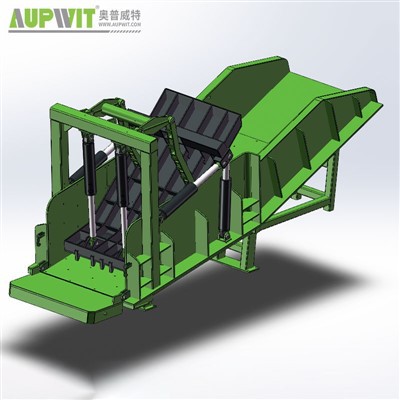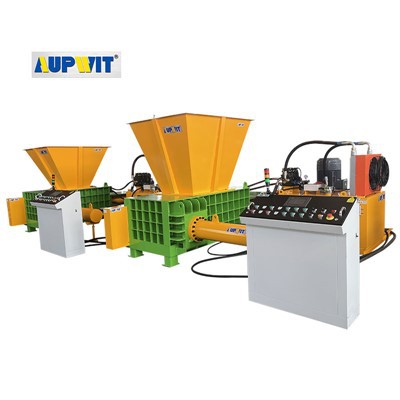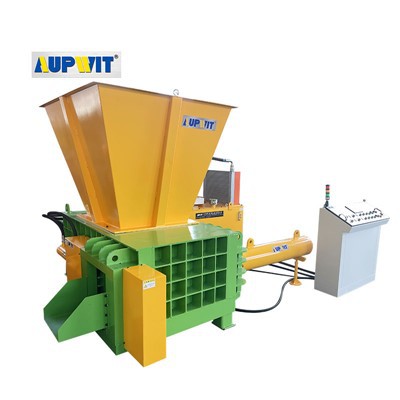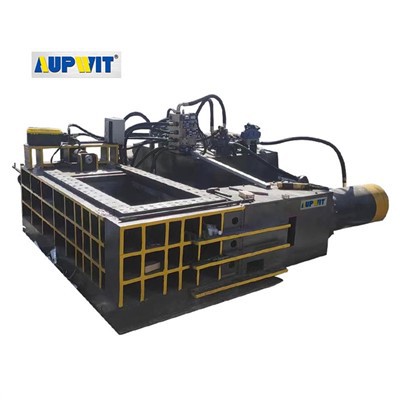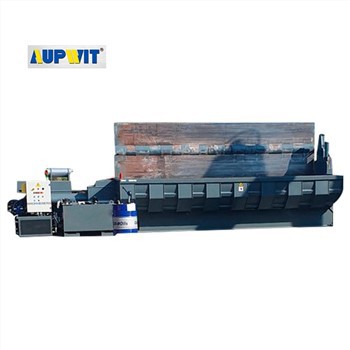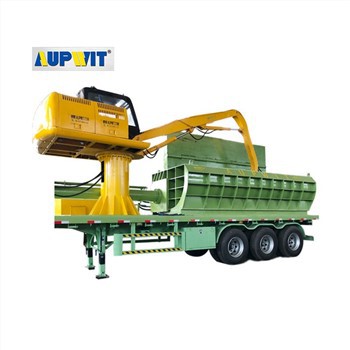Introduction
In modern metalworking industries, managing metal waste efficiently is critical for both cost control and sustainability goals. One of the most effective solutions is the hydraulic briquetting press, designed specifically for compressing loose metal chips—such as aluminum, steel, brass, or cast iron—into dense briquettes. This process offers numerous benefits including volume reduction, coolant recovery, and higher resale value for scrap.
What Is a Hydraulic Briquetting Press?
A hydraulic briquetting press is a heavy-duty machine that uses hydraulic pressure to compress metal chips into solid cylindrical or block-shaped briquettes. Unlike mechanical presses, hydraulic systems provide precise pressure control, making them ideal for a wide range of metal materials and chip sizes.
Key Features of a Hydraulic Briquetting Press
-
✅ High Compression Force: Hydraulic systems can generate forces up to several tons, ensuring optimal compaction.
-
✅ Compact Briquette Output: Typical briquettes have diameters between 50–150 mm and drastically reduce storage volume.
-
✅ Coolant Recovery System: Built-in filtration allows for collection and reuse of cutting fluids, reducing operational waste.
-
✅ PLC Automation: Most modern machines come with user-friendly interfaces and programmable logic control for continuous, unattended operation.
-
✅ Versatile Material Handling: Compatible with steel, aluminum, copper, brass, magnesium, and more.
Benefits of Using a Hydraulic Briquetting Press
-
Waste Volume Reduction
Briquetting reduces metal chip volume by up to 90%, optimizing storage and transport costs. -
Increased Scrap Value
Briquetted metal is cleaner, easier to handle, and often commands a higher resale price from scrap dealers. -
Coolant Recovery
The press separates valuable oils and emulsions, which can be filtered and reused in production. -
Improved Safety and Cleanliness
Consolidated chips reduce fire hazards, dust, and mess in the workspace. -
Environmentally Friendly
Encourages closed-loop recycling, reduces landfill dependency, and complies with industrial sustainability standards.
Typical Applications
-
CNC machining workshops
-
Die casting plants
-
Metal stamping operations
-
Automotive and aerospace manufacturing
-
Steel and aluminum recycling facilities
Choosing the Right Briquetting Machine
When selecting a hydraulic briquetting press for your operation, consider the following:
-
Type of metal chips (ferrous or non-ferrous)
-
Chip size and moisture content
-
Required briquette size and density
-
Processing capacity (kg/h)
-
Available floor space and power supply
Conclusion
A hydraulic briquetting press for metal chips is more than just a waste management tool—it’s a profit-enhancing, environmentally responsible investment. By transforming loose metal chips into compact, valuable briquettes, businesses can improve efficiency, reduce environmental impact, and gain a competitive edge in metal recycling.


